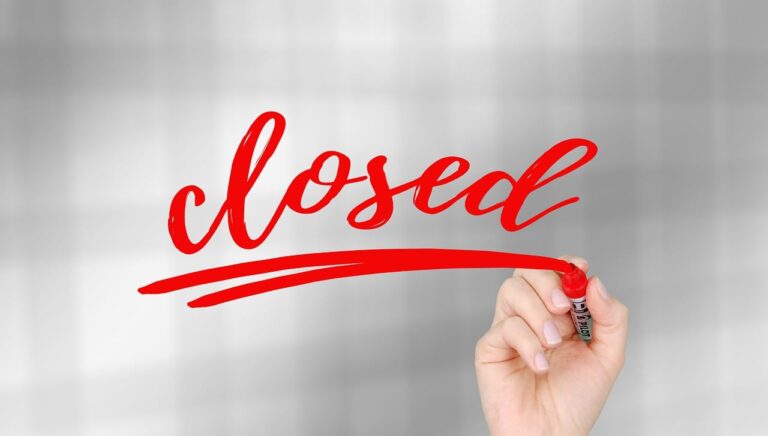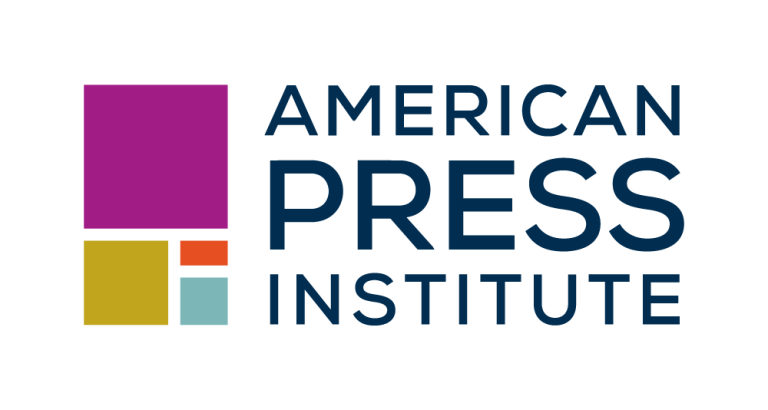The Capitol Report, produced by WisPolitics.com — a nonpartisan, Madison-based news service that specializes in coverage of government and politics — provides a weekly analysis of issues being
debated in Wisconsin state government. It is underwritten by the WNA and produced exclusively for its members. WisPolitics President Jeff Mayers is a former editor and reporter for the Associated Press and a former political writer for the Wisconsin State Journal. The WisPolitics logo can be downloaded here.
Editor’s note: This column is provided to Wisconsin Newspaper Association members by WisPolitics.com. Proper attribution to WisPolitics.com is appreciated. Also, please publish the tagline that is included at the end of the column.
Rep. Macco suggests tax overhaul could include cutting $2.5 billion in state exemptions
Rep. John Macco, chairman of the Assembly Ways and Means Committee, suggests a comprehensive tax overhaul could include cutting $2.5 billion worth of state exemptions.
“I think there’s several anomalies,” he said at a panel discussion Jan. 31 at the Metropolitan Milwaukee Association of Commerce. “So if you take a look at sales tax, we collect $5 million worth of sales tax, but we have $6 million worth of sales tax exemptions.”
The Ledgeview Republican, leading the effort for Assembly Republicans, pointed to several quirks in the current system: yogurt and raisins as individual products are tax exempt, but yogurt-covered raisins are taxable. And while honey and roasted nuts are individually tax exempt, honey-roasted nuts are taxable.
“We can’t agree on what candy is, because a Twix candy bar is tax exempt, and M&Ms are taxable, so it’s really quite funny,” he said, adding that clay pigeons – used for sport shooting – are tax exempt as well.
“There might be a real good reason for why that is, but I think we’ve got to take a look at it,” he said, noting the effort likely will impact the next budget. “I think the model that we look at is, you take out some of those exemptions and those anomalies. And if you do that, in my estimation … I think there’s about $2.5 billion worth of exemptions that you eliminate, and then you use that to offset some of those other things,” such as local government funding.
This abundance of exemptions ties into why Wisconsin hasn’t recently undergone a tax overhaul, according to Todd Berry, president emeritus of the Wisconsin Taxpayers Alliance.
“Why don’t we get tax reform? Frankly, it’s not in the interest of people who make politics a career to do tax reform, because what they like to do is give people stuff,” Berry said. “And the way you give people stuff is you create tax exemptions or deductions or whatever that chop up the tax system and make it bad in all sorts of ways.”
Looking ahead, Macco says “we have an opportunity to move forward,” now that the state economy is in better shape than before Gov. Scott Walker took office.
“The Walker administration has done such an amazing job of righting the ship and triaging the patient,” he said. “Eight years ago, the patient was barely breathing and was bleeding all over the table … Once those things have stabilized, you can then move onto fixing the broken bones and some of the other issues.”
Richard Chandler, secretary of the state Department of Revenue, made the case that this process of “healing” the state has led to a better tax environment.
“We now have a very competitive tax climate in the state and an economy that’s doing very well,” he said. “I think a lot of people still have the perception that was formed in the 70s, 80s, 90s – that Wisconsin is a tax hell, that we have a way-above-average tax burden.”
He says this perception was formed over decades of being in the top 10 most heavily taxed states in the country with a tax burden well above the national average.
“That is no longer the case,” he said.
According to Chandler, half of the state’s general purpose revenue comes from income tax, while a third comes from sales tax, and the rest is corporate income tax, excise tax, cigarette tax and several others. Of that, he says about 50 percent gets sent back to school districts, municipalities and counties.
Macco says his ideas don’t include changing the entire shared revenue model.
“I think you replace it; I’m not talking about changing, but you come up with a dedicated revenue stream,” he said. “For example, if you expand that base out, we don’t need 5 percent sales tax. We really only would need 3.75, so I would bring it down to 4.5.”
With more products to tax thanks to fewer exemptions, Macco says a lower sales tax rate could be put in place while still covering all the state’s bases.
“So you dropped the sales tax 10 percent on everything else that everybody’s buying already, although now you’re charging it on some of the other stuff,” he said. “And that extra 75 basis points is about $1.2 billion, and you use that to replace shared revenue and personal property tax in one fell swoop.”
The Capitol Report is written by editorial staff at WisPolitics.com, a nonpartisan, Madison-based news service that specializes in coverage of government and politics, and is distributed for publication by members of the Wisconsin Newspaper Association.
Copyright © WisPolitics.com



